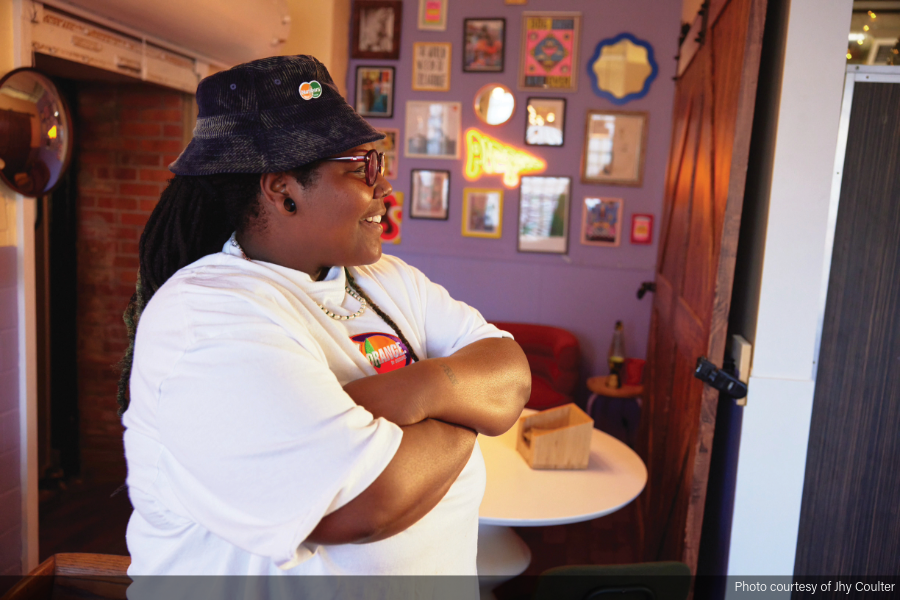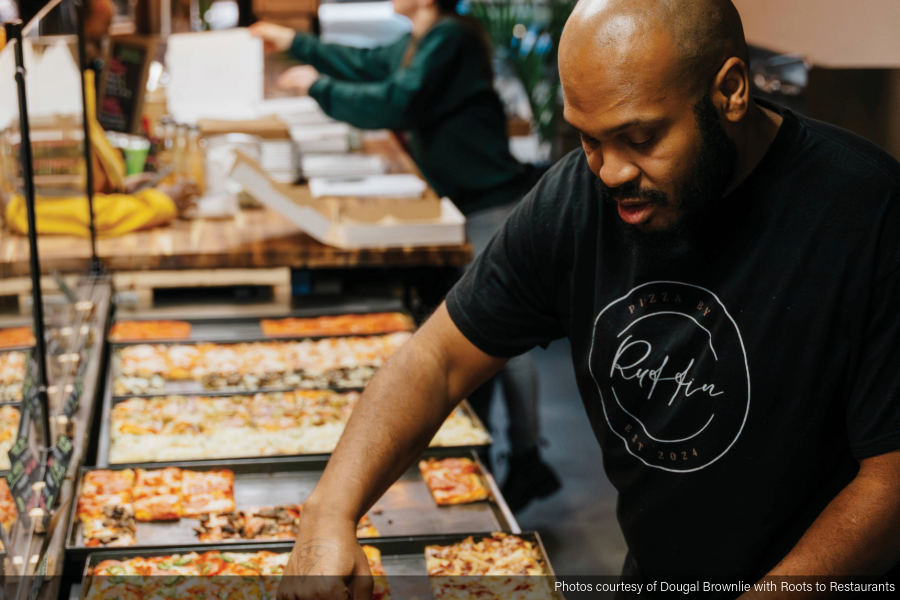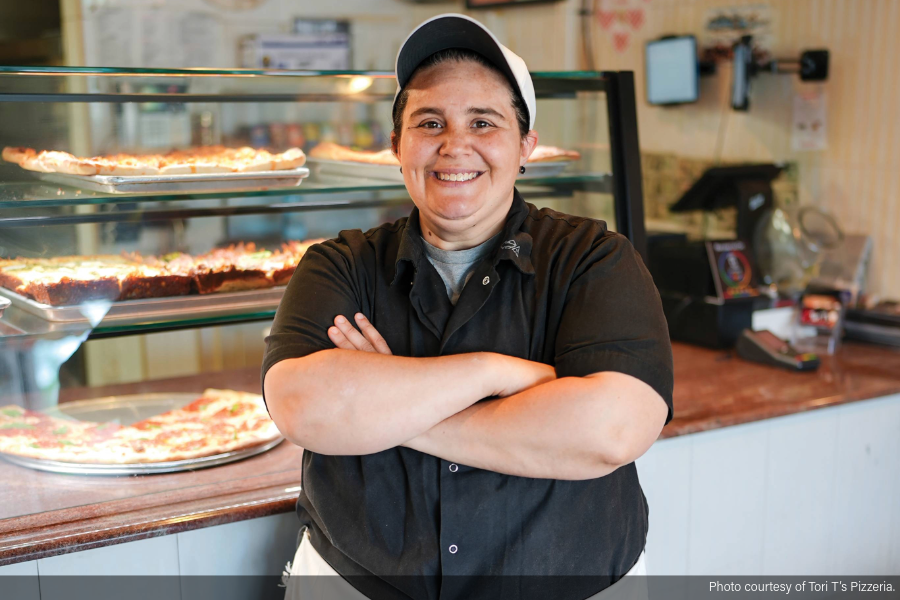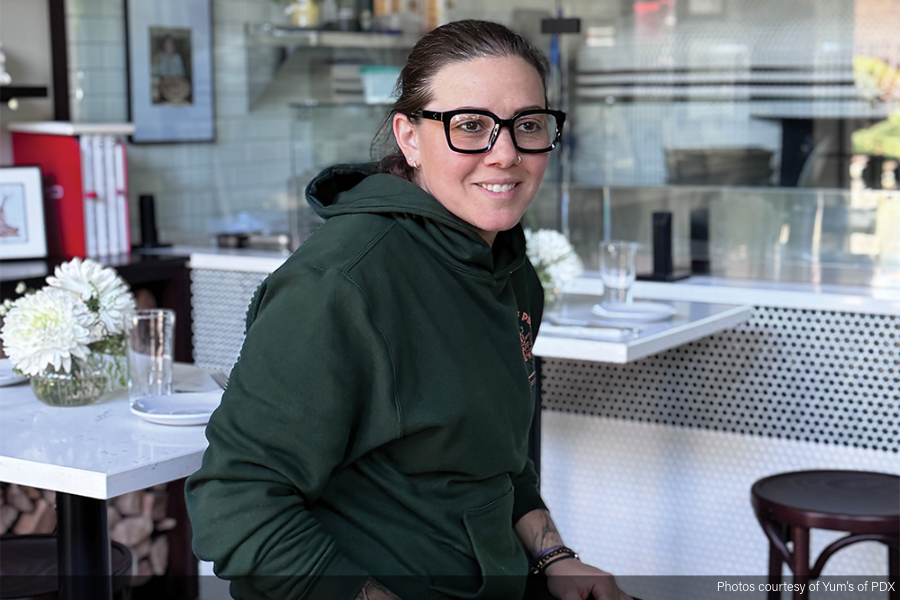 Successful upselling requires enthusiasm and sincerity
Successful upselling requires enthusiasm and sincerity
Servers walk a fine line in customer service. In order to be successful, servers must inform their customers about specials and recommend fantastic menu items without stepping over the line and making their customers feel “sold.”
Because no customer wants to be pressured into making unwanted purchases or engage in pushy sales talk, how can servers walk that fine line and master the art of the upsell without being annoying or inconsiderate?
“First, I think it’s important for any server in any establishment to do their best to read the customer,” says Jason Robinson, president of DineAbility.com. “Is this a table that has a deadline and needs to be out quickly? Is this a special occasion or celebration? Pizza restaurants are a popular first date spot because they’re cost savvy, easy and quick, and, quite honestly, who doesn’t like pizza? A server who can read the customer is ahead of the game before they sell anything.”
Even with customers who are sticking to a budget, servers can be successful at upselling if they focus on adding value to their customer’s experience.
“It’s fair to understand that a customer walking through the door may have a price point in mind or spending ceiling they may not want to deviate from,” Robinson says. “They may not be as interested in pinching the penny as they are in getting a great value. So, when it comes to upselling, that may translate to a craft beer rather than a common domestic or a specialty topping that can be added to something they usually get, rather than an entire special dish.”
Jennifer Martin, business coach and owner of Zest Business Consulting in San Francisco, California, urges servers to remember that all consumers are people first and buyers second.
“What each of us humans yearn for is connection, respect, acknowledgment and appreciation –– then, of course, pizza,” Martin says. “As much as you want to increase revenues, give your customers a little respect. Don’t try to sell them anything they don’t need; do give them a choice.”
Engaging in conversation is more effective than launching into a sales pitch.
“What not to do is place an upsell into your introduction,” says Chris Tripoli of A’la Carte Foodservice Consulting Group in Houston, Texas. “Example, ‘Hello, my name is Brittany, I’ll be your server, would you like to try our new double pepperoni?’ This sounds way too ‘selling’ and very fast-food, drive-thru like.”
Tripoli recommends taking an informative approach rather than the direct sell.
“Example, ‘Just to let you know, today is Tuesday and every Tuesday we offer our homemade meatball soup. Would you like to add a cup?’ ” Tripoli says. “This sounds more caring like you want to be certain your guest doesn’t miss out on something important rather than just an add-on sale. Add-ons are more successful when they seem conversational, informative and always delivered with a smile.”
Projecting a positive attitude can impact sales.
“Consumers like to purchase from friendly people who seem like they are: 1) happy, and 2) like their jobs/the company they work for,” Martin says. “The person doing the asking or upselling ideally should be friendly and happy to help. This helps improve the customer’s experience. Even if you only have three minutes to connect with a customer, and you never know if you are going to see them again, treat them like your new best friend. Make eye contact, use their first name if you know it and care for them as deeply and considerately as you can for those magical three minutes you have together. Your actions now may make a customer for life.”
 Less talking and more listening will make up-selling opportunities customer-specific.
Less talking and more listening will make up-selling opportunities customer-specific.
“Do your best to listen,” Martin says. “Rather than completely ignoring the fact that they just said ‘That’s it,’ and driving right through them with ‘Would you like to make that a large?’ or ‘Would you like to add a salad with that?’–– acknowledge what they said before you try up-selling; it’s the considerate thing to do.”
Finding some common ground will make an impression.
“Making a personal connection with a guest is more likely to get a server listened to,” says Adi Bittan, co-founder and CEO of OwnerListens.com. “Three tips to assist in that: 1) server should introduce themselves by name, 2) server should look for signs that can create familiarity with guests — for example, if a guest is wearing a 49ers shirt, saying, ‘go Niners!’ and 3) ask the guests about their preferences first to show you’re interested in them. Like, ‘do we have any meat lovers here today? ’cuz I’ve got a great special for you.’ Or ‘is anyone here vegetarian or a veggie lover? Today’s special app is amazing for vegetarians.’ ”
Being knowledgeable about the menu will improve a server’s sales rate. “The more confident a server feels about the product they’re selling and the setting they’re selling it in, the easier it will be to convert potential up-selling opportunities into higher check averages,” Robinson says. “Whether it’s through frequent dialogue with your staff about product knowledge or formal trainings on sales techniques and upcoming promotions, upselling is a valuable part of the salesmanship and overall growth of your product.”
Recommending or suggesting additional menu items or selections with enthusiasm will help servers with up-selling opportunities.
“Product knowledge is always a must for many reasons, but conveying positive personal experience and knowledge as well as some excitement about what you’re selling goes a long way,” Robinson adds. “People want to buy what others have enjoyed. That being said, the server becomes the authority on what’s great or popular if they’re willing to show enthusiasm about a product.”
Upselling is a necessary part of a server’s job. It impacts the revenue of the restaurant and a server’s tips. When done with enthusiasm, sincerity and thoughtfulness, upselling creates a win for everyone.
DeAnn Owens is a freelance journalist living in Dayton, Ohio. She specializes in features and human interest stories.

 Successful upselling requires enthusiasm and sincerity
Successful upselling requires enthusiasm and sincerity




